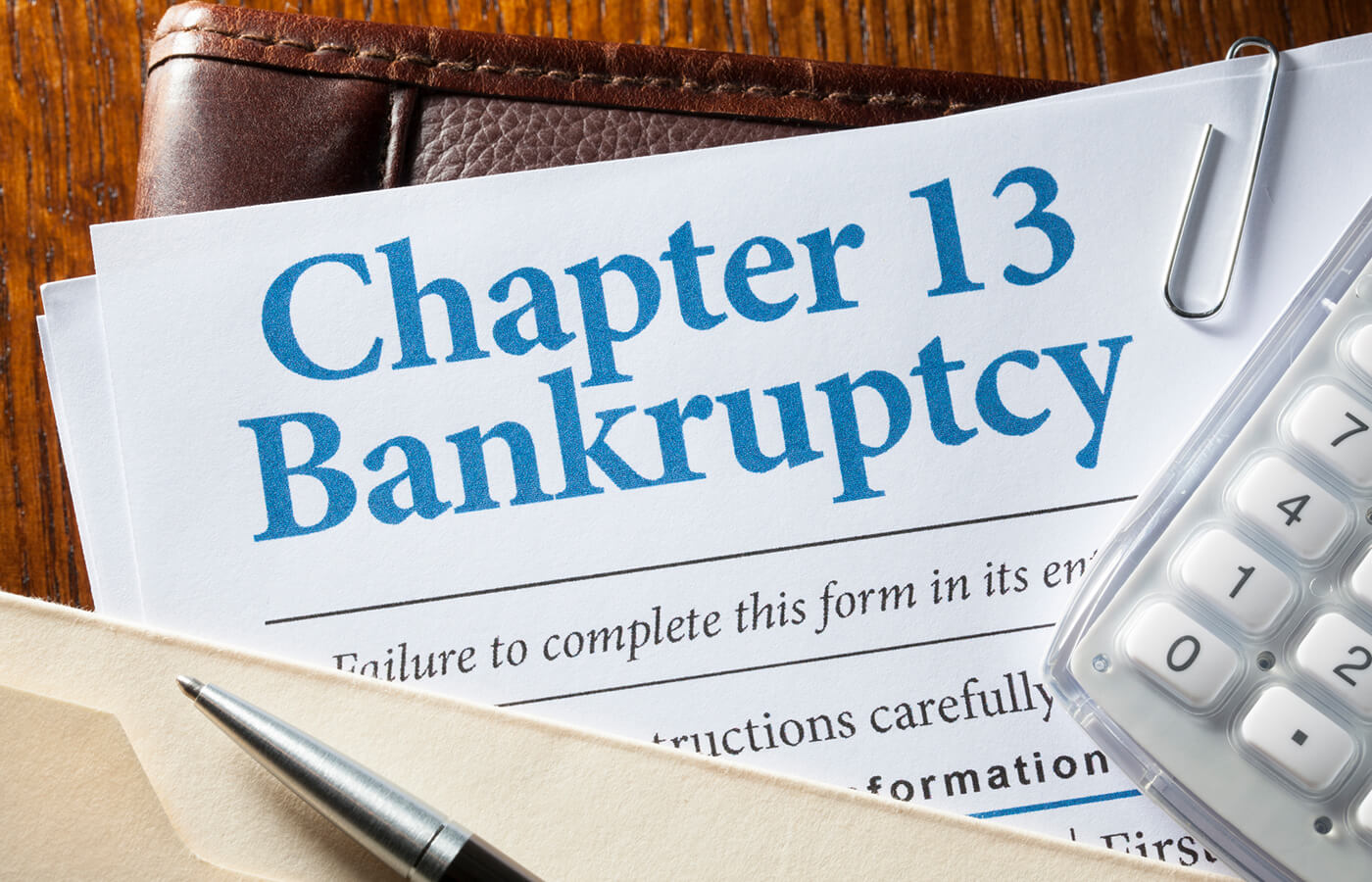Chapter 13 Bankruptcy

Anyone with a regular stream of income who is downtrodden with debt, but is hopeful that these debts can be repaid if given enough time, can file for bankruptcy under Chapter 13 of the Bankruptcy Code. This chapter allows the debtor to file a plan wherein he/she agrees to pay a fraction of future income to the Bankruptcy Court for settlement of outstanding debts to creditors. When such plan is approved by the Court, the debtor will be placed under the protection of the Court while settling his/her liabilities.
Chapter 13 requirements
The debtor seeking to file a Chapter 13 bankruptcy must first and foremost complete a mandatory pre-filing credit counseling course. These courses can be availed of in select locations in Nevada and can also be found online. However, if the debtor cannot afford to pay for such, they may be eligible for a waiver of the fee or a corresponding discount depending on their income. Those earning less than 150% of the federal poverty level are presumed to be entitled to the fee waiver or discount.
Once the credit counseling requirement has been satisfied, the debtor will now be directed to accomplish and submit certain documents, which are also termed as schedules, when filing for Chapter 13 bankruptcy.
Here is an inclusive list of documents that must be submitted when filing for Chapter 13 bankruptcy:
- Voluntary petition (supplemented with the following schedules and exhibits)
- Schedule B 1: Voluntary Petition
- Exhibit D: Debtor’s statement of completion of credit counseling requirement
- Schedule B 21: Statement of social security number
- Schedule B 280: Disclosure of compensation of bankruptcy preparer
- Schedule B 19: Declaration and signature of non-attorney bankruptcy preparer
- Creditor matrix file
- Payment of filing fees (to those who are non-exempt)
- Schedule B 3A: Application and order to pay filing fee (for those paying in installments)
In addition, other schedules that provide a general overview of the debtor’s assets, property, and debts are also required to be submitted at the time of the filing of the petition or within 14 days thereafter.
When the Chapter 13 petition and all needed attachments thereto are filed, the Court will appoint a trustee who is in charge of overseeing the proceedings and disbursing all payments from the debtor to the creditor. The trustee must maintain impartiality in the handling of the case.
Chapter 13 bankruptcy plan
Suffice to say that the documents enumerated above are imperative to the process, the most important document that can make or break a debtor’s petition is the Chapter 13 bankruptcy plan.
The bankruptcy or repayment plan is submitted with the bankruptcy petition or within 14 days henceforth. Said plan details the regular payments by the debtor which are disbursed to the creditors by trustee, until the obligations are repaid. However, not all creditors are given the same level of prioritization with respect to their claims. A creditor may be tagged as having one of three types of claims, namely: priority, secured, or unsecured.
- Priority claims – These debts must be paid in full and cannot be discharged. Common examples of this type are taxes, alimony, and child support. Though these debts may not be discharged, they can be reorganized and be settled over a stipulated period.
- Secured claims – Debts falling within the purview of this type are “secured” by collateral. These include home mortgages, auto loans, etc. Although, a caveat exists wherein if the debtor wants to keep the collateral, the bankruptcy plan must stipulate that the creditor with the secured claim be repaid at least to a range equal to the given collateral.
- Unsecured claims – Claims of this type do not necessitate complete repayment before they can be discharged. The proposed plan must require that the debtor pay all of his/her disposable earnings over the effectivity of the plan and the creditor must receive at least the same amount as he/she would have if the properties of the debtor were liquidated under Chapter 7.
Before the bankruptcy plan is approved, the trustee will hold a meeting of the creditors, during which, the debtor is sworn under oath and the creditors and the trustee may ask questions on the debtor’s income and details of his/her financial situation. 45 days thereafter, the Court will conduct a hearing to decide whether the repayment plan meets the confirmation standards and is actually feasible. The corresponding creditors are also invited to the hearing and may object to the proposed plan if they notice any issues with any of its provisions.
Fulfilling the bankruptcy plan
The repayment plan developed according to Chapter 13 may extend over three to five years. Once the plan is given the go-ahead by the Court, the debtor and his/her creditors are bound to its provisions. Thus, the debtor is mandated to make payments until the plan is fulfilled and the debtor is protected by the Court, barring the creditors from pursuing further actions for collection of payments. Should the debtor default in the payments, the case may be dismissed or be converted to a Chapter 7 bankruptcy.
Freedom Law Firm is here to help.
Bankruptcy is often the last but necessary resort. It is a delicate and complex proceeding, and you want someone with plenty of experience to consult you and guide you through the process and help you determine the scope of the discharge.
In many cases, unless a party in interest files a complaint objecting to the discharge, the bankruptcy court may issue a discharge order relatively in the case – generally, 60 to 90 days after the date first set for the meeting of creditors.If you would like to find out whether bankruptcy is the right option for you, please request a call-back by submitting a short online form. All initial consultations are free and confidential.
